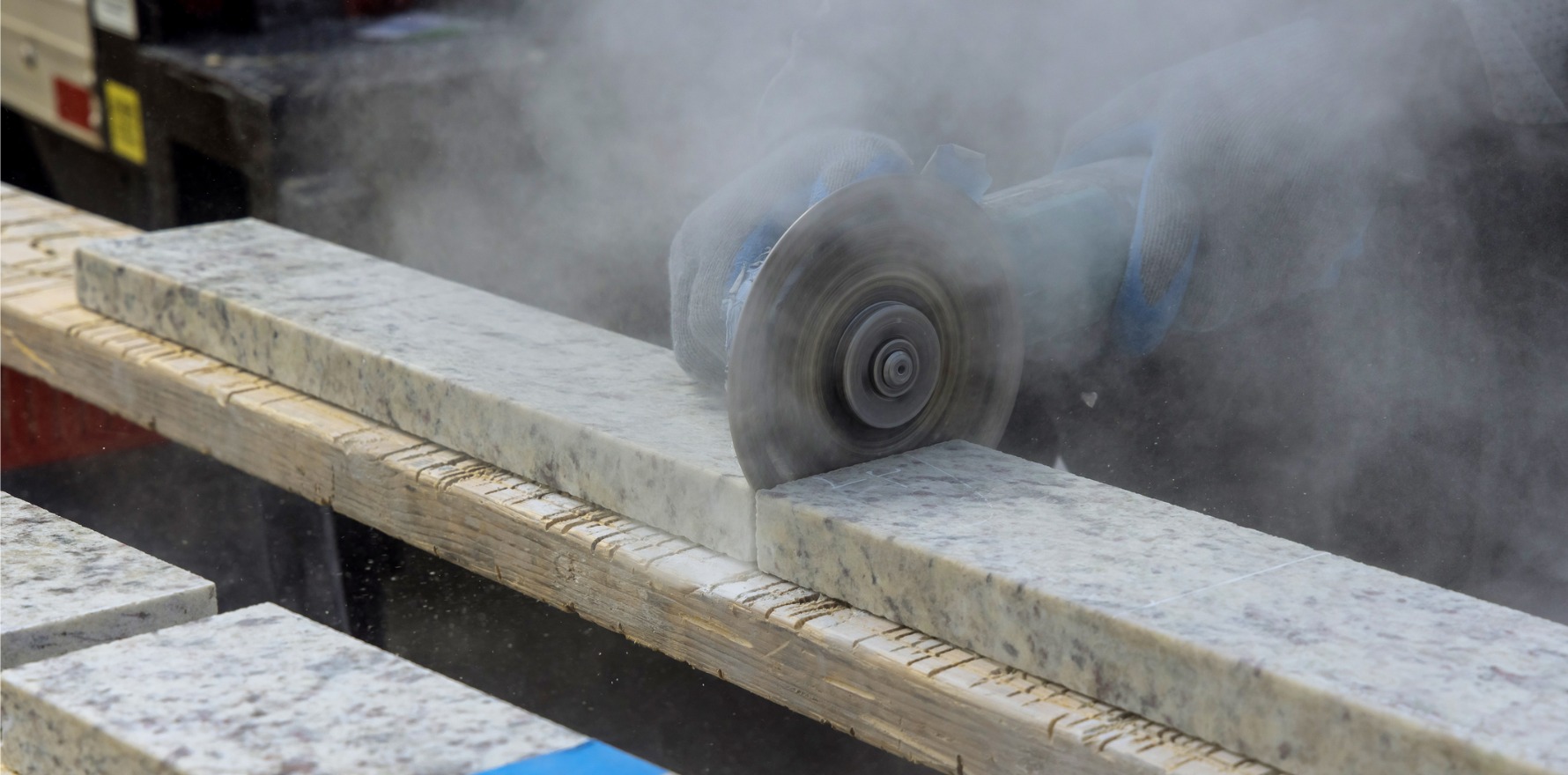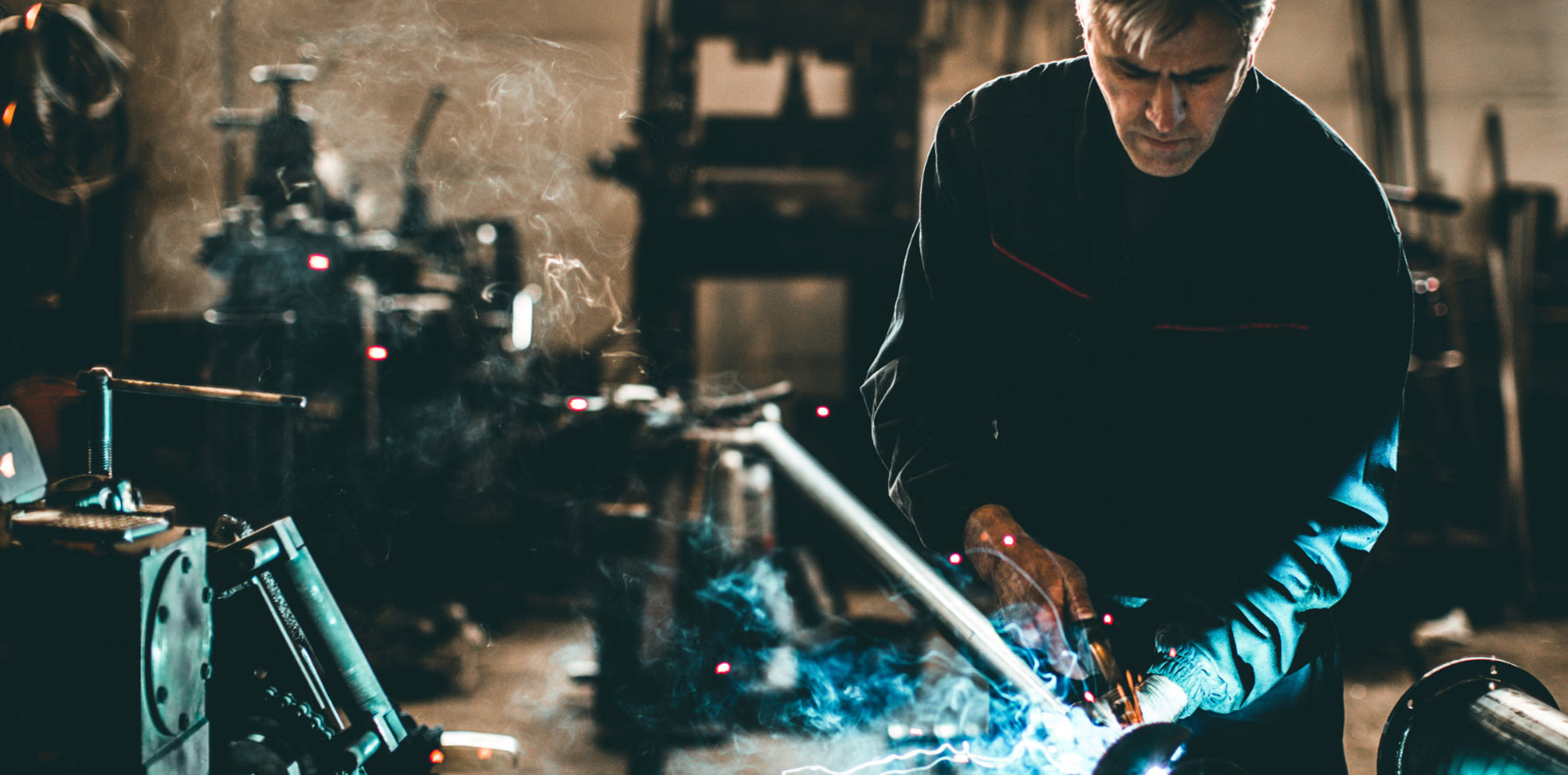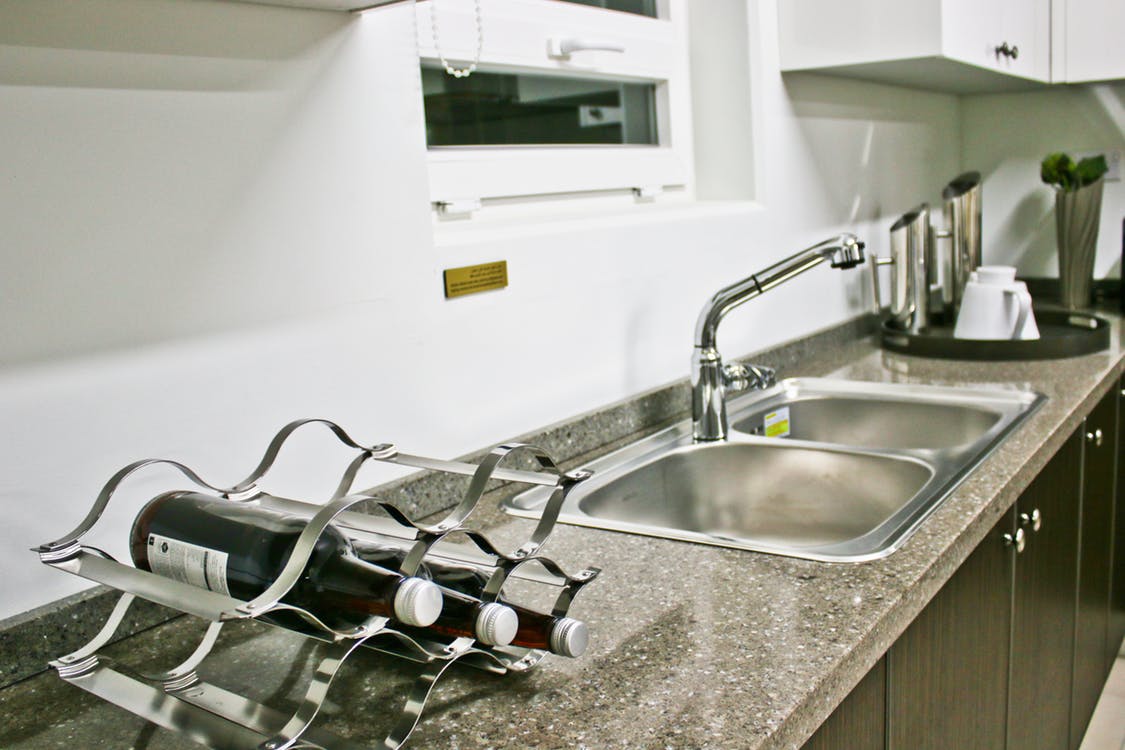Melbourne researchers say long-term follow up is needed to understand how many people who have blood markers for autoimmune diseases go on to develop active disease.
More research and follow-up is needed to understand whether they are at higher risk of progressing to actual clinical disease, say the researchers.
In June this year the manufacture, supply and installation of engineered stone benchtops was banned in Australia due to the high incidence of the deadly lung disease silicosis in the sector.
The new study, published in the journal Occupational and Environmental Medicine and led by Professor Karen Walker-Bone, studied a cohort of over 1200 current and former stone benchtop industry workers in Victoria who were offered free screening for silicosis and related disorders between 2019 and 2021.
Melbourne-based rheumatologists Professor Mandana Nikpour, Dr Yuan Lim and Dr Kathleen Morrisroe were also involved with the study.
The researchers looked for symptoms or diagnoses of autoimmune disease as well as markers in the blood that could indicate early stages of autoimmune disease.
One percent of the 1238 male workers were confirmed to have autoimmune disease, however almost one quarter (24.6%) had detectable anti-nuclear antibodies –compared to less than 6% in similarly aged male controls.
Of the 24.3% of the cohort diagnosed with silicosis, 6.6% had very high levels of anti-nuclear antibodies. Importantly the researchers also found associations between autoantibodies and age, smoking, silicosis, and intensity of silica dust exposure.
Professor Walker-Bone told TMR the proportion of workers with detectable markers for autoimmune disease was considerably higher than the 5-9% expected in the general population.
“This data suggests that – as well as screening for silicosis in these workers, they should also be screened for autoimmune disease, as these individuals need specialised management and may be entitled to compensation,” Professor Walker-Bone said.
Related
While cases of autoimmune disease have also been reported in engineered stone benchtop industry workers, this was the first study to look at workers before they develop silicosis.
She said the finding of detectable markers in the blood of autoimmune disease may be an indicator of the worker developing the disease in decades to come, although some of the men might never develop clinical manifestations.
Those who did develop disease after working in this industry “probably are eligible for a very large amount of compensation”.
Professor Walker-Bone said they were planning further research which would involve following those people who had detectable markers for autoimmune diseases.
She said general practitioners and rheumatologists should have a high level of suspicion in patients who have been exposed to the dust from engineered stone benchtops and presented with early symptoms of autoimmune disease.
“If you get a young man presenting with new onset Raynaud’s or joint pains or joint swelling, or photosensitive rashes, or hardening of the skin, or any of those hardened or features of an autoimmune disease that you might normally dismiss in a young man, not expecting it to be anything, just have that awareness there,” she said.
Long-term follow-up of these patients would also provide valuable information for the government-funded silicosis screening clinics.





